Article archive

Denmark: the new soft-hard diplomacy
By Catalonia Global Institute · 12/02/2023
With the hardening of geopolitics in Europe, and above all, since the start of the Ukraine war, it is becoming increasingly clear that there is a twist in the way the hard side of foreign policy combines with the soft version of diplomacy and international relations. In fact, after the Second World War, from the […]
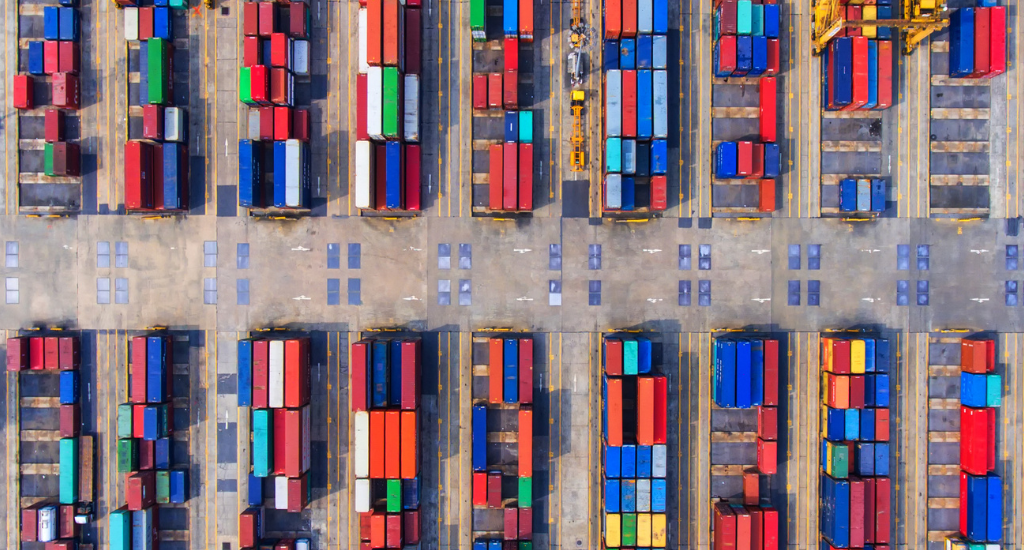
Challenges for Catalonia in the new geopolitical context of the Mediterranean
By Catalonia Global Institute · 03/02/2023
Check out the summary of our fourth report, where we analyze the geopolitical changes taking place in the Mediterranean and their implications for Catalonia. Link to the summary

The rise of Space Commands
By Marçal Sanmartí · 20/01/2023
There is nothing new under the sun Many were surprised when the United States announced the creation of a Space Force as a separate branch of its army in 2019. The truth is that the concept is not new. The very first Space Force was created back in 1992 by Russia. But it had a […]
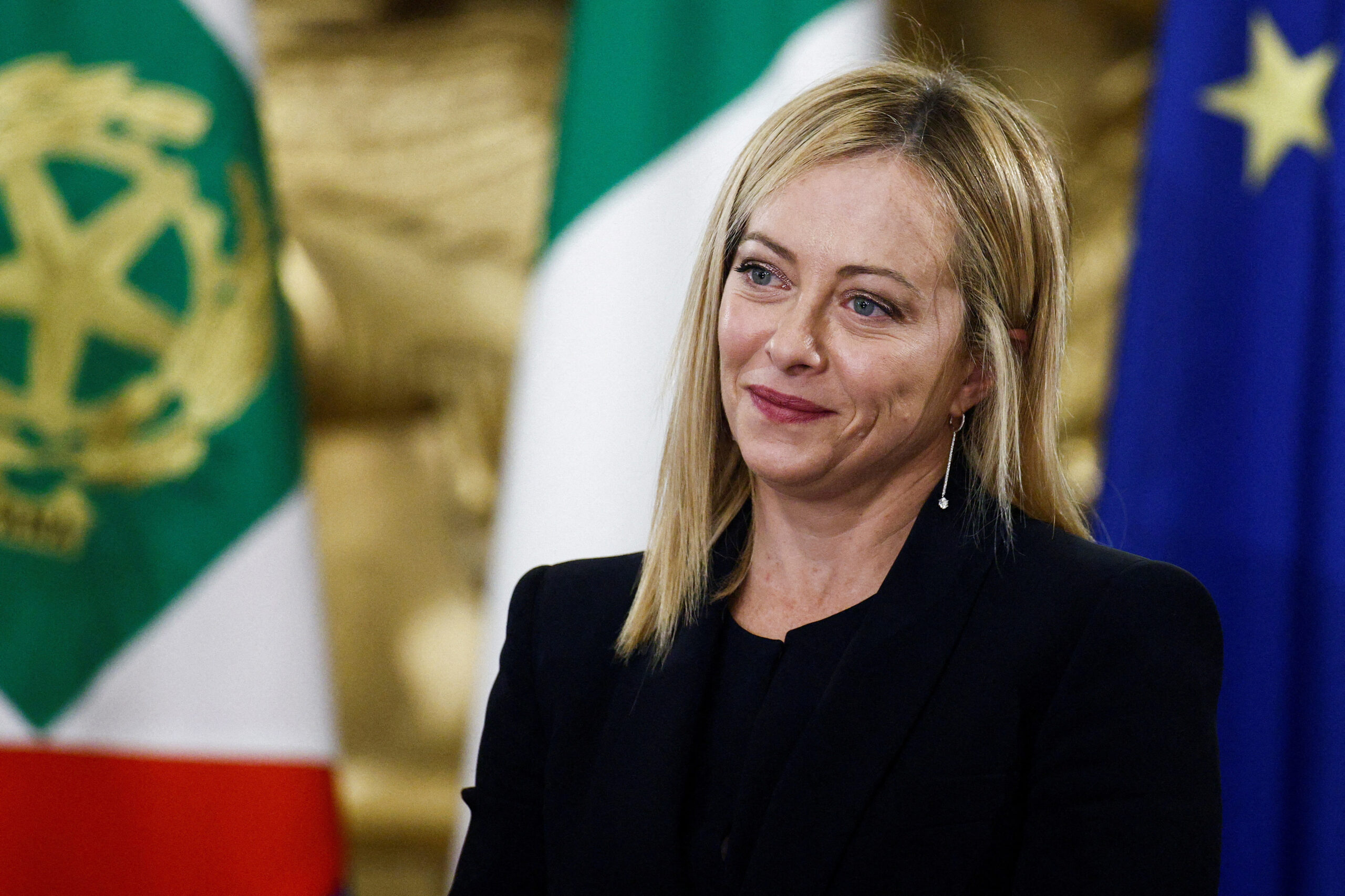
The new Giorgia Meloni’s government and Italian Geopolitics (II): The foreign policy of Giorgia Meloni
By Narcís Pallarès-Domènech · 19/12/2022
In the first installment of this series we defined the geopolitical scenario where the new Italian government will have to deploy its foreign policy strategy. We can now move on to dealing with the priorities of Meloni’s government and its foreign policy agenda. Giorgia Meloni’s foreign policy Foreign policy is a key point for the […]
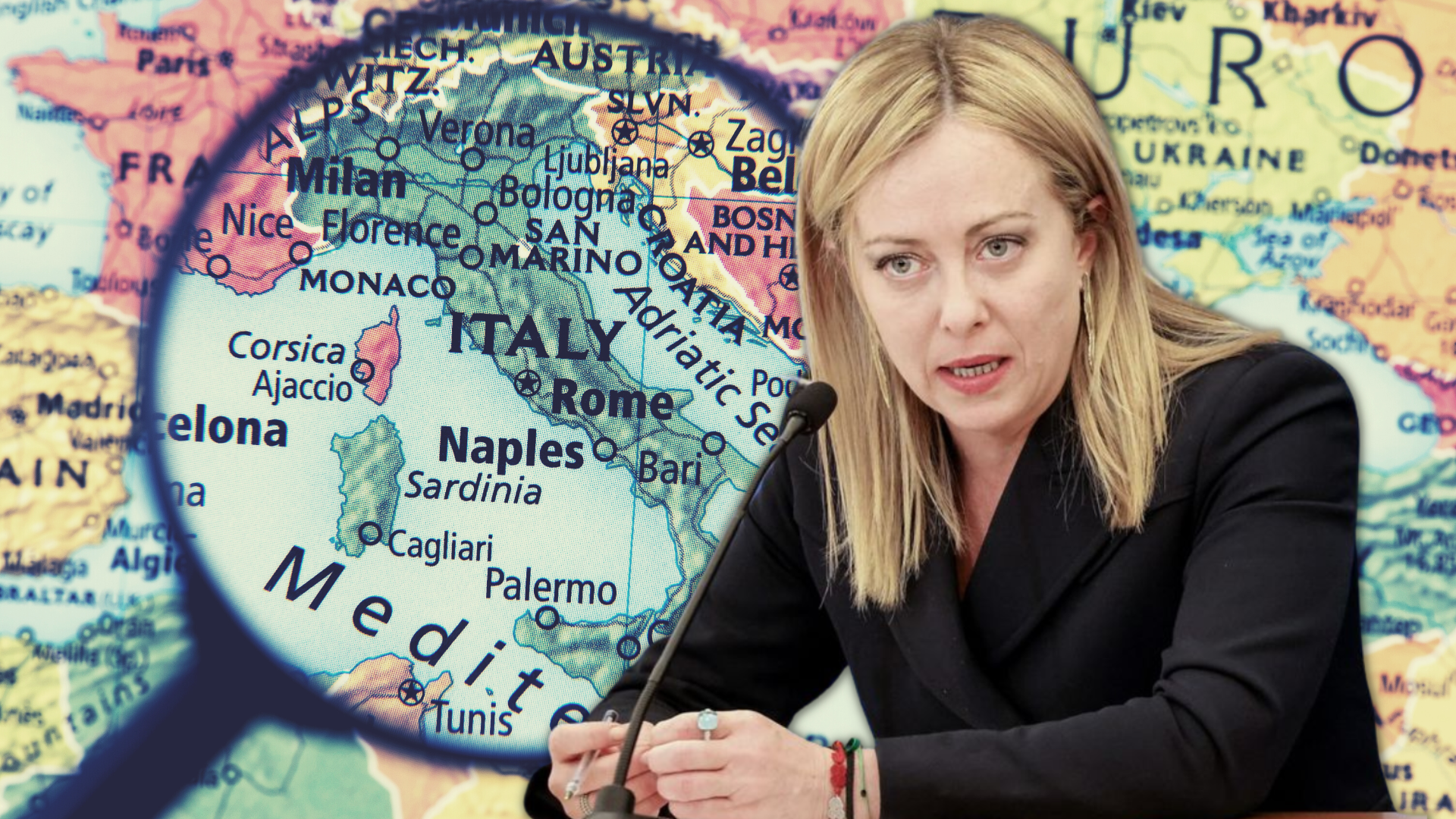
The new Giorgia Meloni government and Italian Geopolitics (I): the roots of Italian foreign policy
By Narcís Pallarès-Domènech · 10/12/2022
New Italian government and new political cycle. The new Italian government led by Giorgia Meloni, the leader of the right-wing Fratelli d’Itàlia (FDI), represents a historical political shift. Her arrival at the executive has begun a new political cycle in the Italian Republic that could represent a new era, comparable to the arrival of Silvio […]

Elections in Brazil, the origins of polarization
By Marcelo Silva · 04/10/2022
On Sunday, Brazil held its 16th election since its democratization in 1988. International media has focused on the possibility that these elections will become the first to be contested, in a manner reminiscent of the presidential elections in the United States two years ago. This has become a possibility after a period of intense polarization, […]

Is “Catalan geopolitics” possible?
By Miquel Vila · 19/09/2022
There is no area where the weakness of Catalan national thought is more clearly ostensible than in the absence of Catalan geopolitics. This series of essays aims to point out that when international politics are discussed in Catalonia, its own interests are absent in most analyses. In this regard, the goal of these articles is […]

Summer reading list 2022
By Catalonia Global Institute · 05/08/2022
We would like to share with you our Summer 2022 reading list! Doomed to succeed – Dennis Ross The strategic alliance between the United States and Israel is considered so natural that, in the eyes of many people, it may seem that it has always existed. However, Dennis Ross’s “Dommed to succeed” shows us in […]
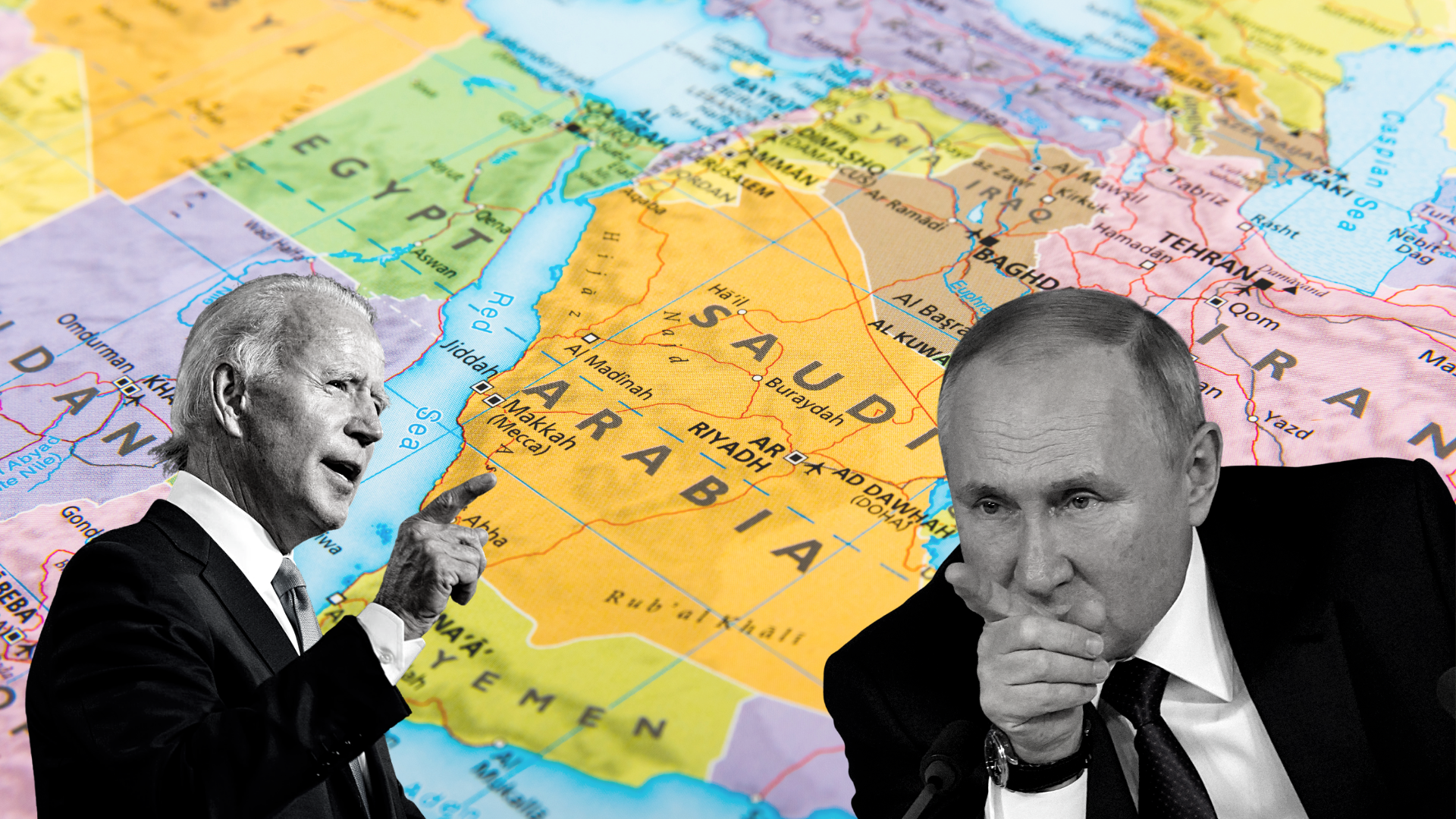
Russia’s invasion of Ukraine: how will it affect the Middle East and North Africa?
By Rosa Cabús · 10/06/2022
On February 24th 2022, Russia launched a full-scale military invasion of Ukraine. The incursion, which is still ongoing, has put into question the generally tacitly undisputed norm against territorial conquest. Since the Second World War, this principle has assured stability in the turbulent regions of the Middle East and North Africa (MENA), often at the […]
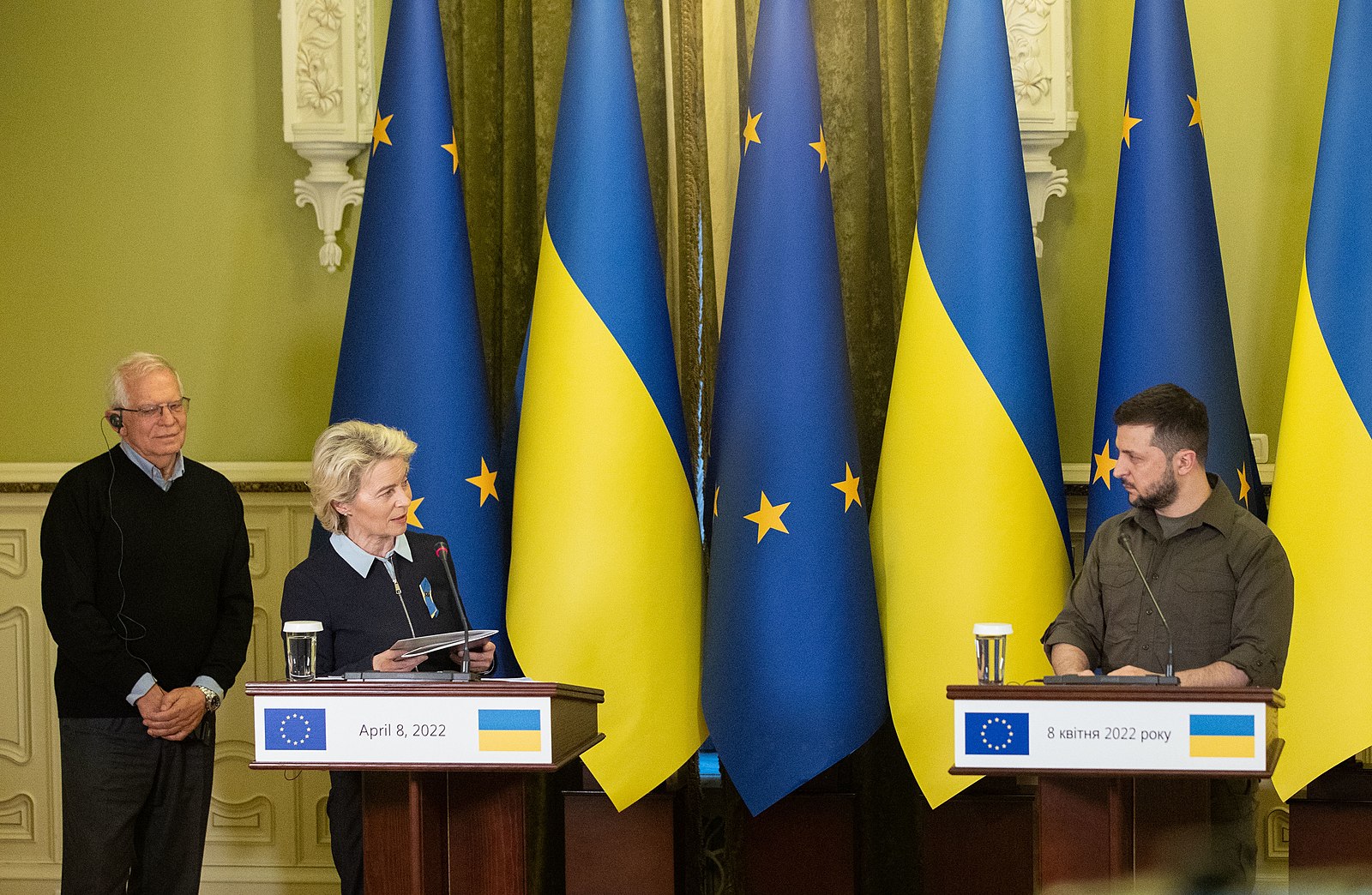
The war in Ukraine and the European Union
By Jofre Rocabert · 25/05/2022
European Union (EU) observers often write that the evolution of its foreign policy is a function of how it takes advantage of crises. The immobility of the institutions during the outbreak of the war in Yugoslavia generated enough consensus to place the common foreign and security policy at a central role in the reforms of […]